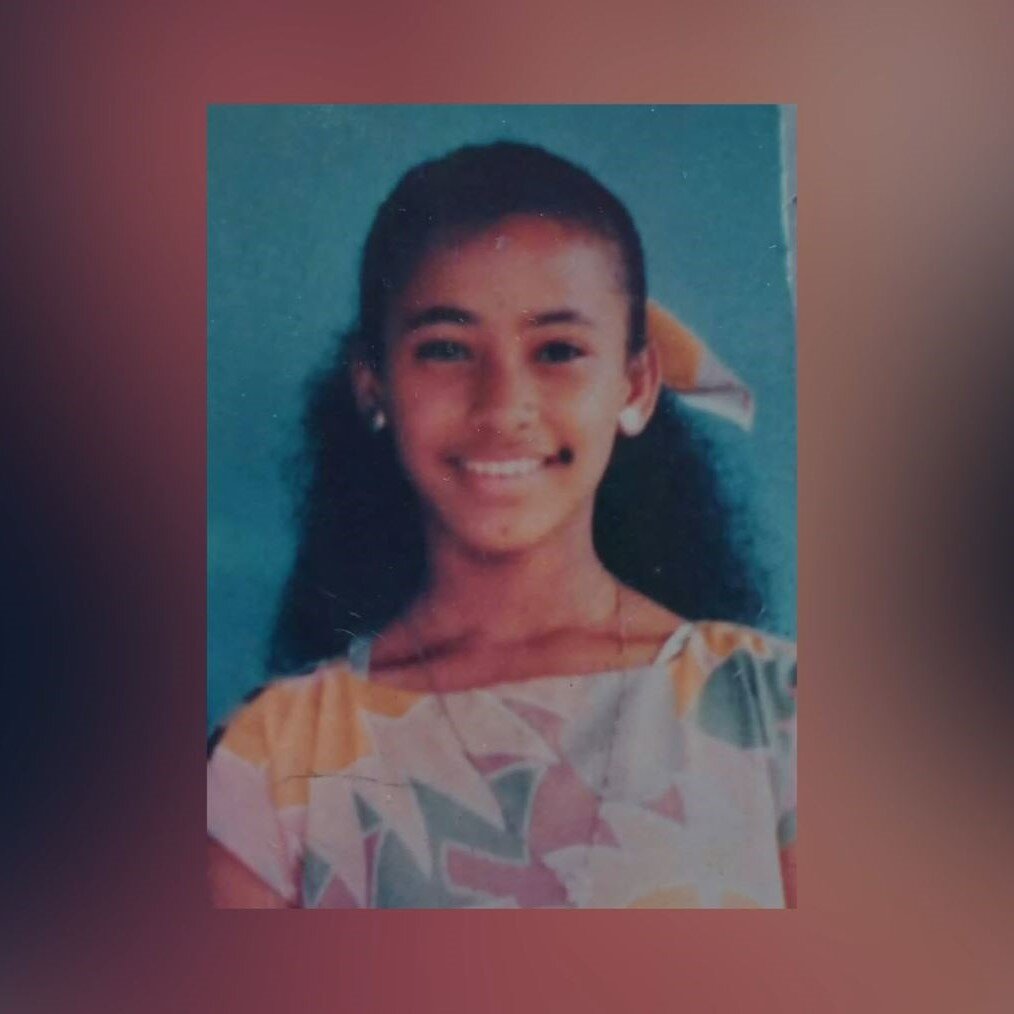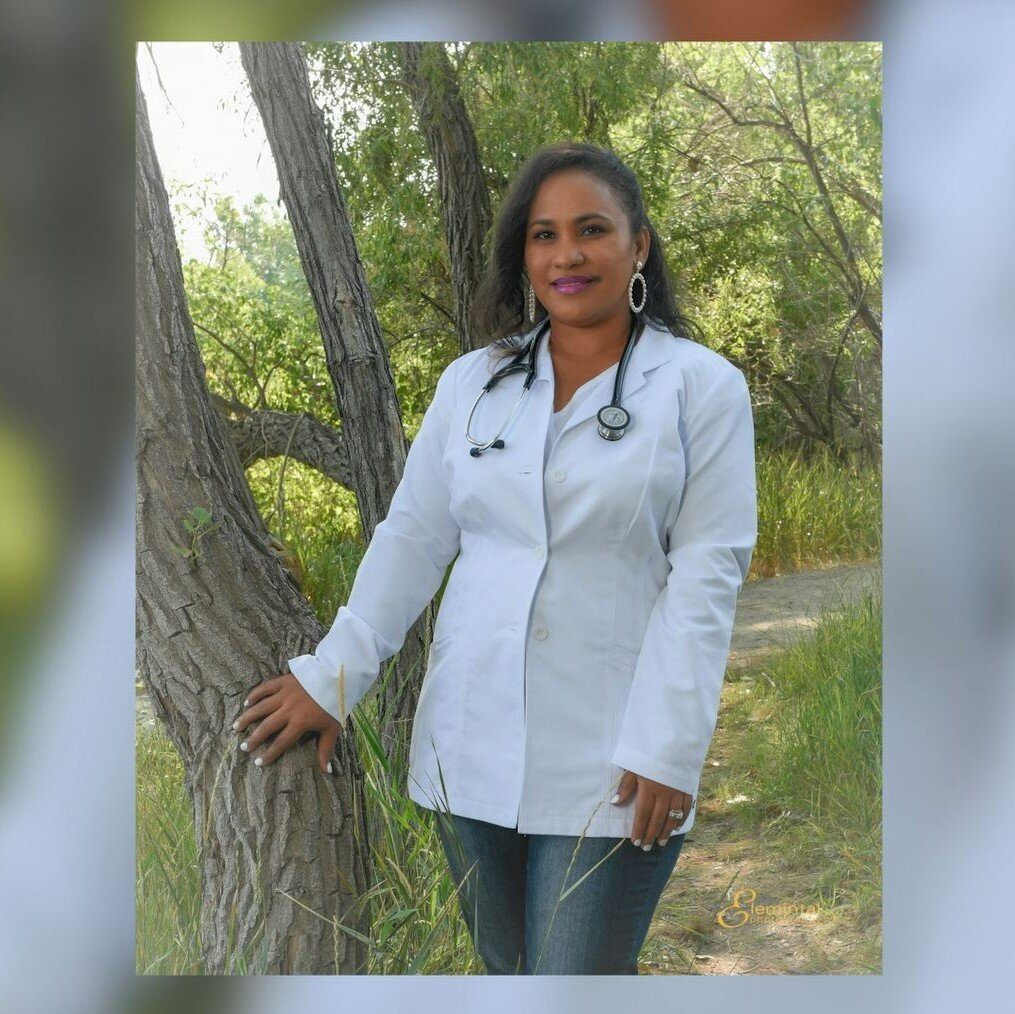Colorado nurse practitioner works to increase diversity in the medical field

AURORA, Colo. — "I have patients who tell me … 'I am so glad to see a Black woman as my provider.'"
Salwa Mourtada Bamba has been a fighter ever since she was a young girl. Growing up in what she described as the “war-torn” country of Liberia, she said it has always been a lifelong dream of hers to become a medical professional. It's a dream that she is living now out in Colorado.
Bamba is a three-time graduate of University of Colorado Anschutz College of Nursing, current assistant professor at the college and a family nurse practitioner at a clinic.
When she was 13 years old, while her home country of Liberia was in the middle of a civil war, Bamba had the opportunity to work for the United Nations. As a part of the UN, she took care of displaced people affected by bombings. She then transitioned to help run the triage nursing department with the Self-Supplemental Emergency Life Relief Program, also a part of the United Nations. All of this work solidified her passion and goal to pursue a medical career.

"I had to move to Ghana for safety because my sister was killed in 1991."
Bamba's adolescent years were a dark time for her. She recalled the war began when she was in the eighth grade and the conflict prevented her from attending school for a couple of years.
Tragically, Bamba's sister was killed in Liberia in 1991, and her family sent Bamba to a boarding school in Ghana for safety. After graduating high school in Ghana, she moved back to Liberia in 1996. Almost immediately following her return, one of the most violent incidents consumed the capital of Monrovia. She said then she realized it wasn't safe to live in her home country anymore and decided to move to the United States.
She remembered the exact date she touched down on U.S. soil: May 19, 1998. She lived in New York City with family for one year but soon realized she didn't like the hustle and bustle of the city. So, she decided to move to Colorado with family and has stayed in the Centennial State ever since.
In 1999, Bamba started community college and earned her associate degree. While dealing with the hardships Bamba faced as an immigrant in the United States, she wasn't able to enroll in more schooling for another decade. But she eventually earned her bachelor's degree and a degree in nursing from the University of Colorado Anschutz Medical Campus just last year.
"I was sort of shaken and forced to come to terms with the fact that, 'you are a Black woman, your children are Black; therefore, you must do something.'"
Bamba said she had an "epiphany" after the murder of George Floyd in 2020. As a leader on campus, she wanted to make sure the Black, brown and other marginalized students on campus felt safe and heard.
"I reached out to a few people here on campus who I knew were interested in promoting diversity and equity not only in our education but in the healthcare setting. It was time. There were a few other students who felt the same way as I did, and we all joined together and formed Future Voices," Bamba explained.
Future Voices started that summer and was officially sanctioned by the university in October 2020. Future Voices is a monthly meeting on campus for students who feel underrepresented and unheard. Black, Indigenous, and people of color (BIPOC) speakers are invited to the meetings to advise students on how to navigate predominately white spaces or professions.
Salwa believes that to make a change in the world, diversity must be a standard.
"I read one time that you can't change people unless you change people. I didn't understand what that meant until I kept reading and it says, 'If you want to make change, you have to change the people who are in power who are resistant to change.'"
"So if you can't change the people who are in power by changing how they think, how they behave, how the act, how they react to people of color, you move them away and put people who look like us in positions where we can make the changes we need to see," she continued.

"I am so glad to see a Black woman as my provider."
Bamba said there are moments when Black patients have walked into the room to meet her and are happily shocked to see her, so much so they tear up. Bamba remembered a touching moment when one of her Black patients was filled with emotion and tearfully said to her, "I am so glad to see a Black woman as my provider."
According to the Association of American Medical Colleges (AAMC), in 2018 only 5% of all active physicians in the United States identify as Black or African American, compared to 56.2% of active physicians in America who are white. Data from the U.S. Census Bureau show more than one-third of the U.S. population identifies as non-white, however, the 2020 National Nursing Workforce Survey published by the Journal of Nursing Regulation showed nearly 81% of RNs reported being White/Caucasian.
Bamba said she knows being able to relate to a medical provider on this level results in patients being more compliant with their medications and treatments, so she can't understate how important it is create a more diverse medical field. She also said she feels like the work is never over — not in a sad way — but in a way that feels like a continuous journey to make sure diversity is spread throughout the field of medicine.
"So I can't over-emphasize the importance of it, especially with this wave, this transition we're going through, the social reckoning of everything,” said Bamba. “Now is the time, and we need to seize this opportunity to make those changes are permanent."
Lindsey Ford is a multimedia journalist with Rocky Mountain PBS. You can reach her at lindseyford@rmpbs.org.